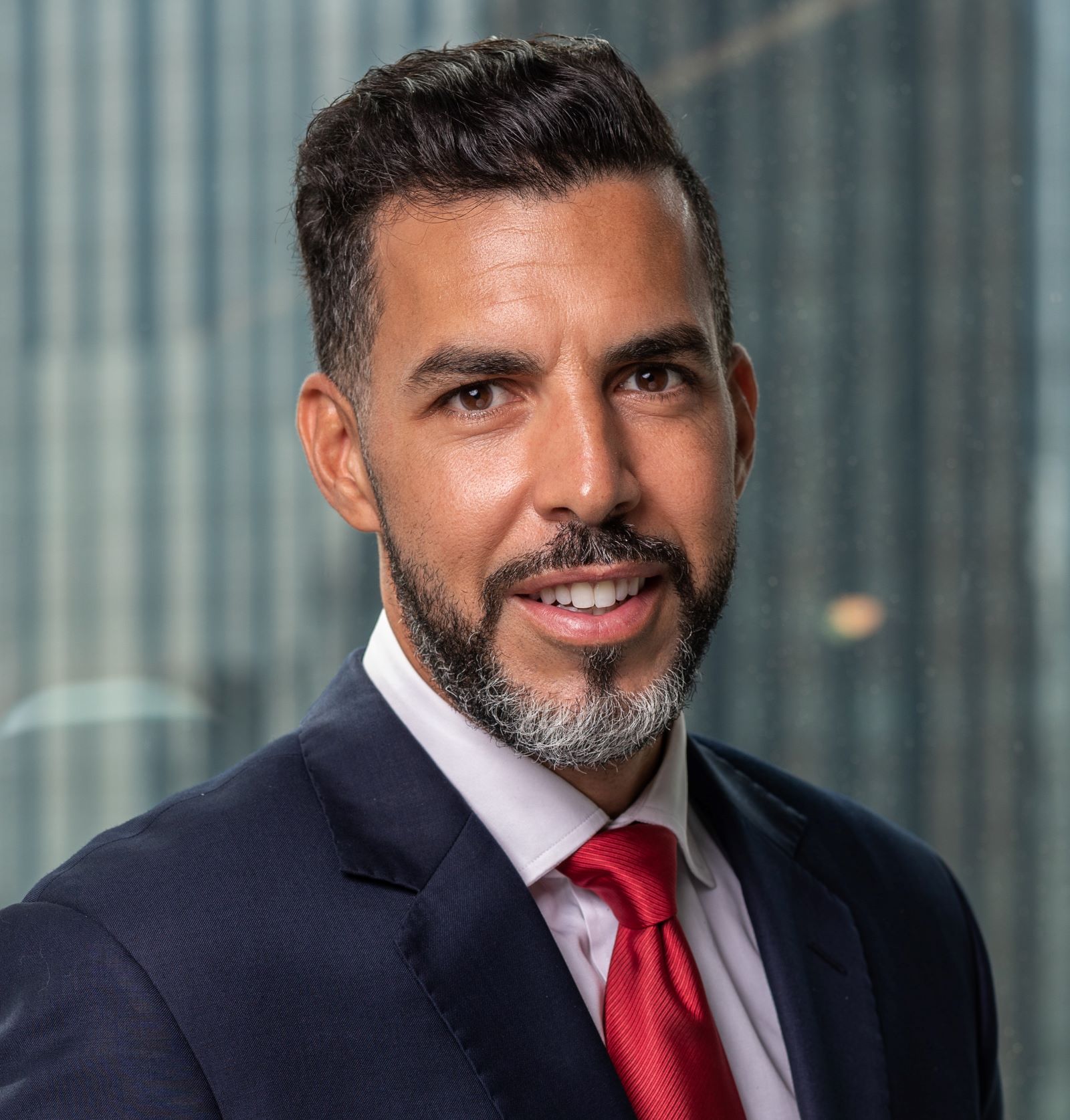Middle East executives are among the world’s most optimistic on growth

Executives in the Middle East are some of the world’s most optimistic when it comes to new business growth in the year ahead, with expansion overseas a key priority for many of them.
Our latest survey of leaders in companies with revenues of between USD 10 mn and USD 500 mn shows clearly that the preferred strategy to deal with the economic uncertainties created by central banks raising interest rates to fight inflation is to double down on investing for growth.
And it is executives in the Middle East who have the highest expectations of the success of those growth plans.
Of the 1.7k chief executives and chief financial officers we polled across 14 markets, 77% of them were targeting at least 10% revenue growth in 2023. Confidence in achieving that goal is highest in the UAE (93%), followed by India (88%), Mexico (86%), Australia (84%), and Indonesia (80%).
Meanwhile, nearly half (46%) of all respondents say expansion into at least one new foreign market is an investment priority for the year to meet their revenue growth goals. And 40% will seek external investment to support their growth plans.
Those intentions of international expansion align with the reality of the business flows that we see as the world’s leading trade bank.
Middle East trade flows continue to gain pace despite the uncertainty elsewhere, with the strategic location of the region proving to be a particular advantage enabling internationally-minded businesses to expand along the substantial trade and investment corridors that exist with Asia, Europe and the US.
New business verticals, new products, and new supply chains are being formed.
LOOKING AHEAD WITH CONFIDENCE
The focus on growth is the key to how executives plan to address the challenges they see.
Inflation and the cost of living is cited as the top risk by business leaders in the region (38%). Increased interest rates comes next (32%), followed by political uncertainty (27%).
Putting growth in the spotlight is leading to substantial revisions of business plans and deeper analysis of supply chains to see where revenue can be grown or costs can be cut.
Those revisions have also led to re-prioritisations for many companies, with nearly half (48%) of UAE respondents highlighting sustainability as becoming a key business driver. With COP27 in Egypt last year and COP28 being hosted in the UAE at the end of 2023, the focus on sustainability as a growth enabler is likely only to get sharper.
The key takeaway from the research for me is that even in a difficult environment, ambitious, forward-looking businesses will put together a plan to deliver growth, manage supply chains, pay bills, and manage liquidity.
This op-ed was written by Chaker Zeraiki (LinkedIn), HSBC UAE head of global trade & receivables finance and regional head of business origination for MENAT. HSBC’s column in Enterprise appears every second Monday.